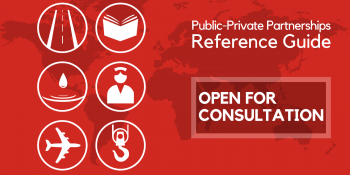United Kingdom Treasury - Standardisation of PF2 Contracts (SoPC)
Standardisation of PF2 Contracts (SoPC) (December 2012)
This version of standard wording and guidance is to be used by public sector bodies when drafting PF2 contracts. It reflects the new model of contracting for projects for the delivery of infrastructure and services using public private partnerships and replaces “Standardisation of PFI Contracts” (Version 4 issued in March 2007).
